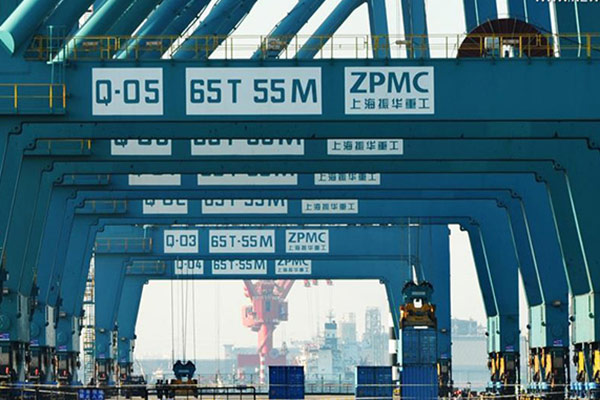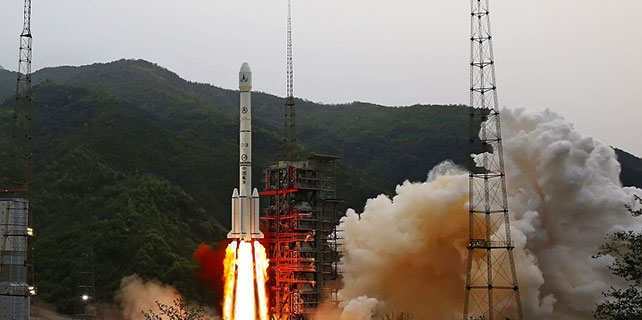China's outbound investment spike set to ease
 |
|
Photo taken on Dec 1, 2016 shows the Huanghua Port in North China's Hebei province. China's economy grew 6.7 percent year on year in 2016. [Photo/Xinhua] |
Such projection comes as the year 2016 marked another record year for the country, with Chinese companies concluding 622 outbound merger and acquisition (M&A) deals, totaling $221.7 billion.
"Chinese investors' footprint is spreading across five continents, focusing on not only 'going out' but also upgrading businesses to higher end of the value chain," said Loletta Chow, global leader of EY's China Overseas Investment Network, at a news conference on Thursday.
Technology, media and telecommunications (TMT), agriculture, power and utilities were the most attractive sectors for Chinese investors, accounting nearly 54 percent of the total, according to statistics compiled by EY.
Last year also saw local firms gain prominence in the global arena, taking up 87 percent of the total non-financial outbound direct investments.
Among all concerns, stability of tax policies and industry entry barriers receive the highest attention, said EY citing the result of a survey conducted in regions that see most active outbound investments.
Despite general acknowledgement on the importance of due diligence, companies should stress further, Chow said. "Some treat it just as a formalistic, routine procedure, but regret doing so later when problems are revealed."
The prudence comes coinciding with regulators' effort to step up supervision and curb "irrational" outbound investments.
EY expects the country's going global drive will remain unchanged in the long run, while companies will keep a strong momentum in investing high-tech, new energy and high-end industrial sectors, it said in the report.









